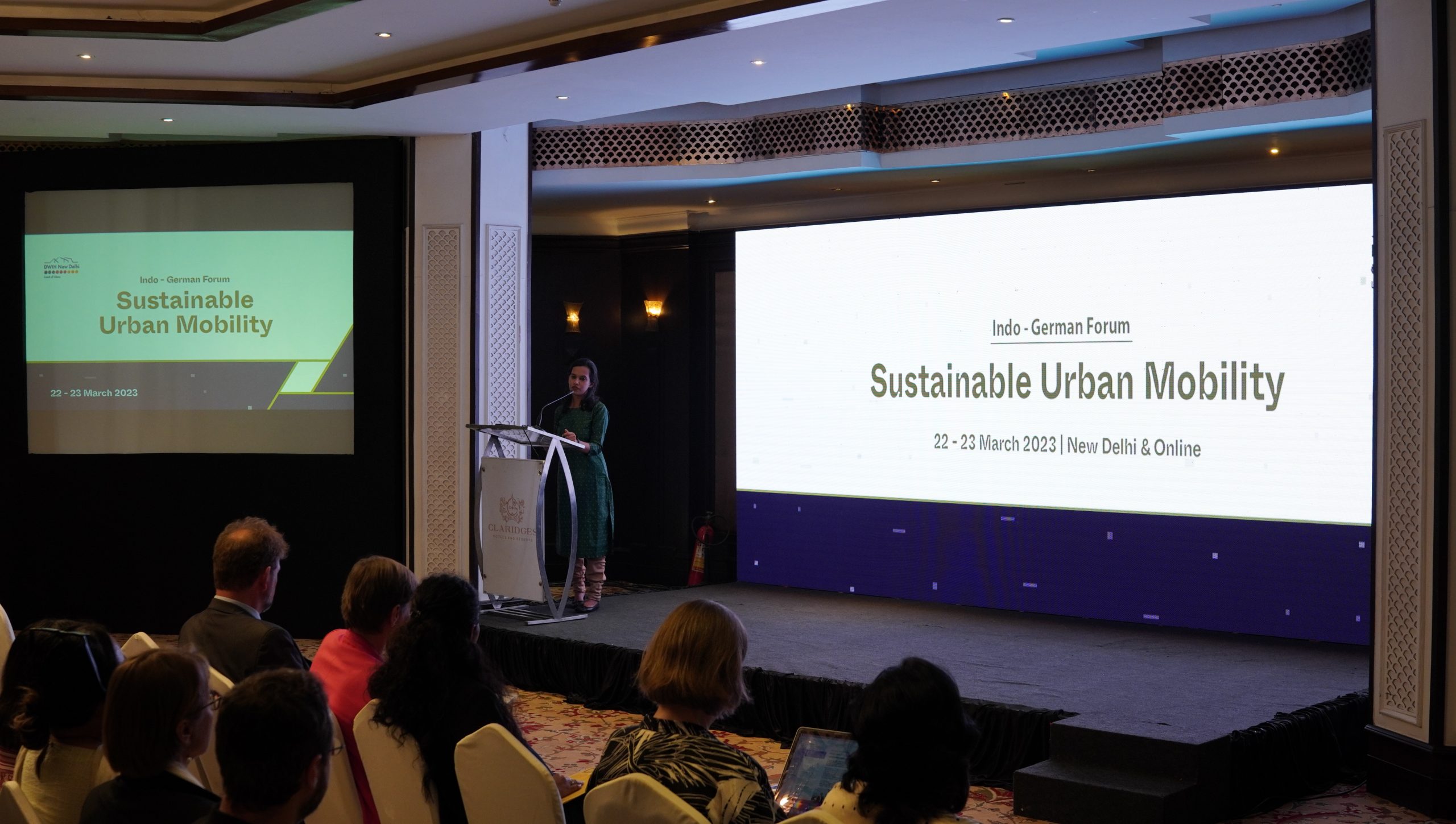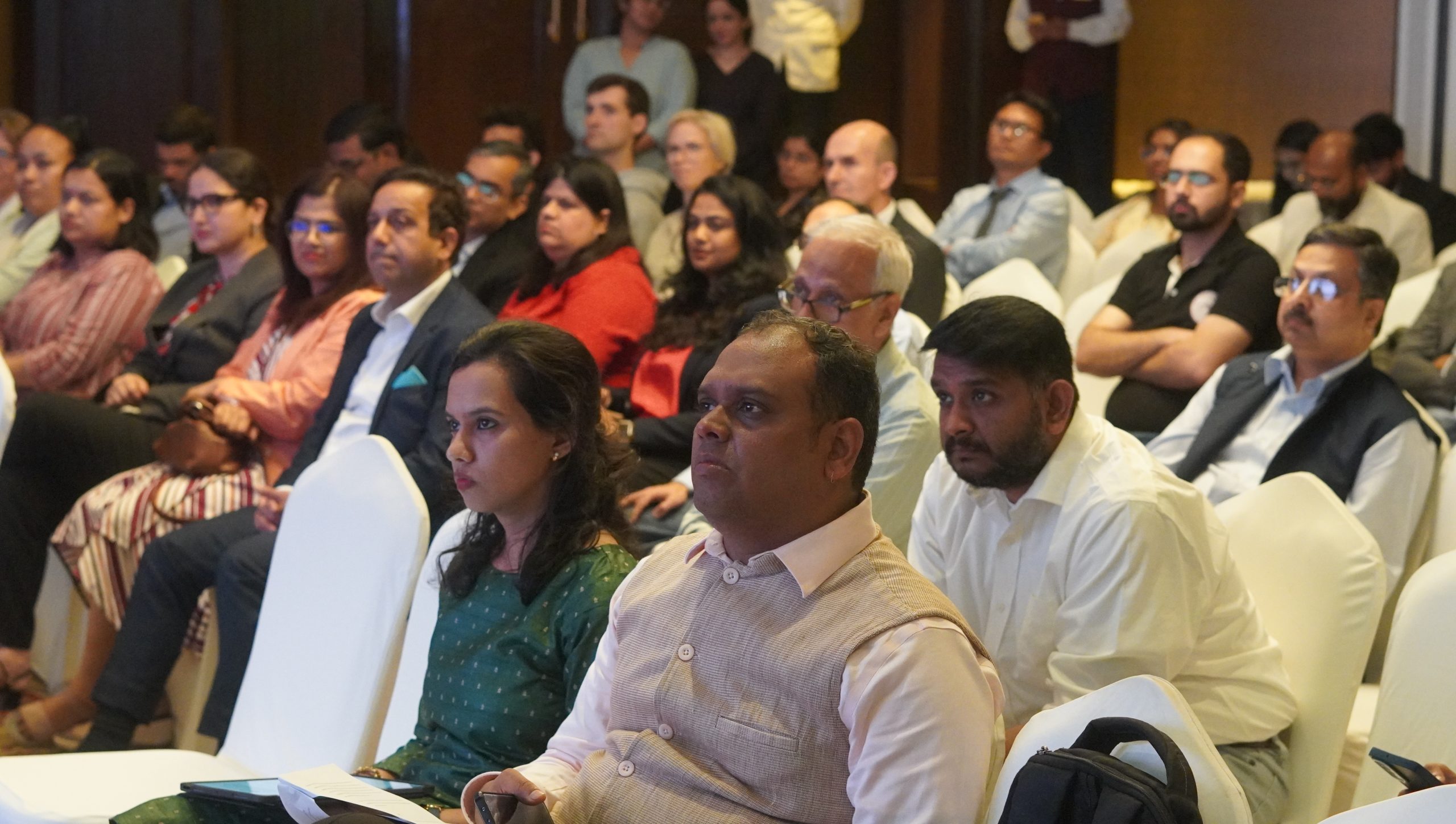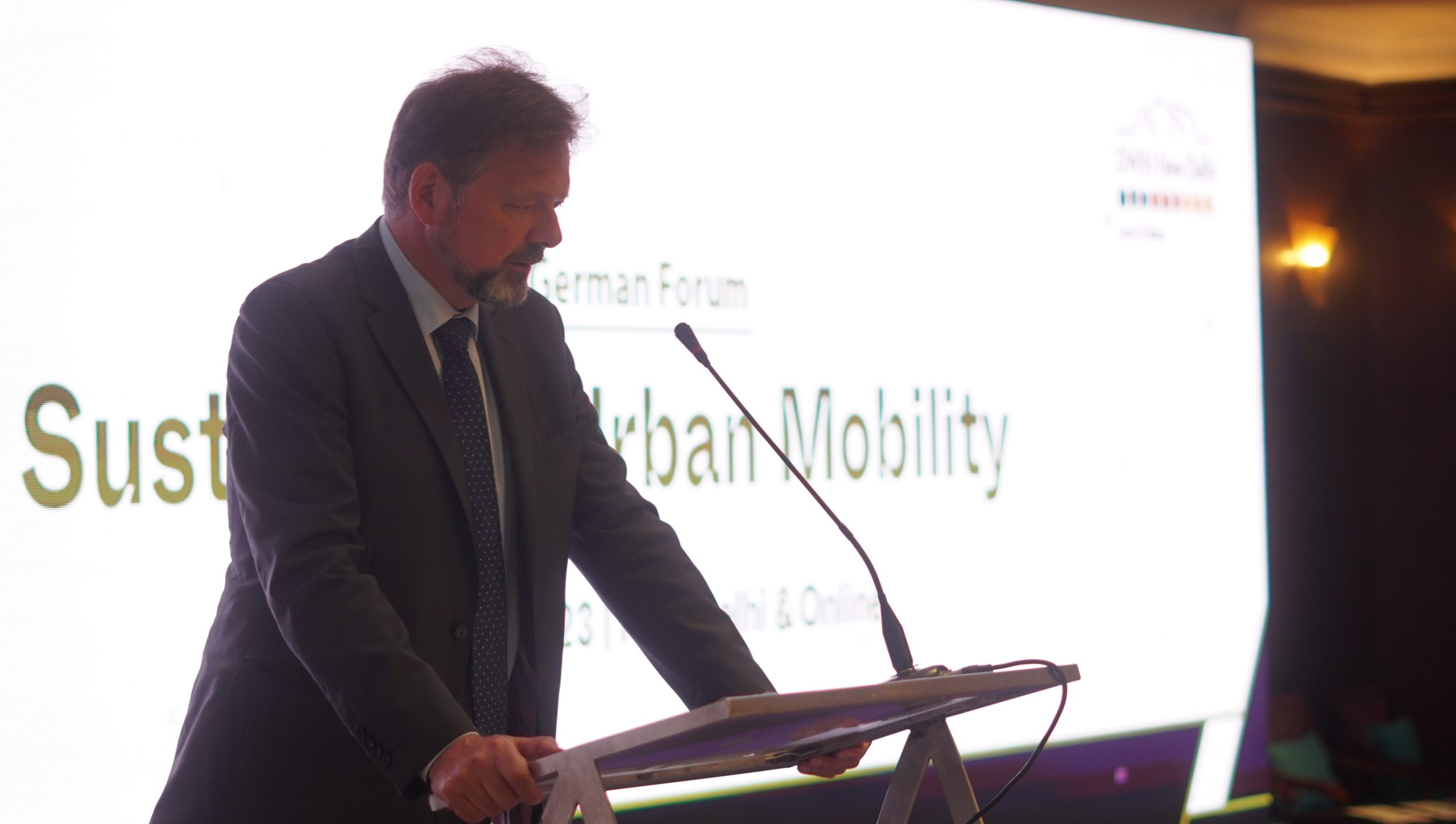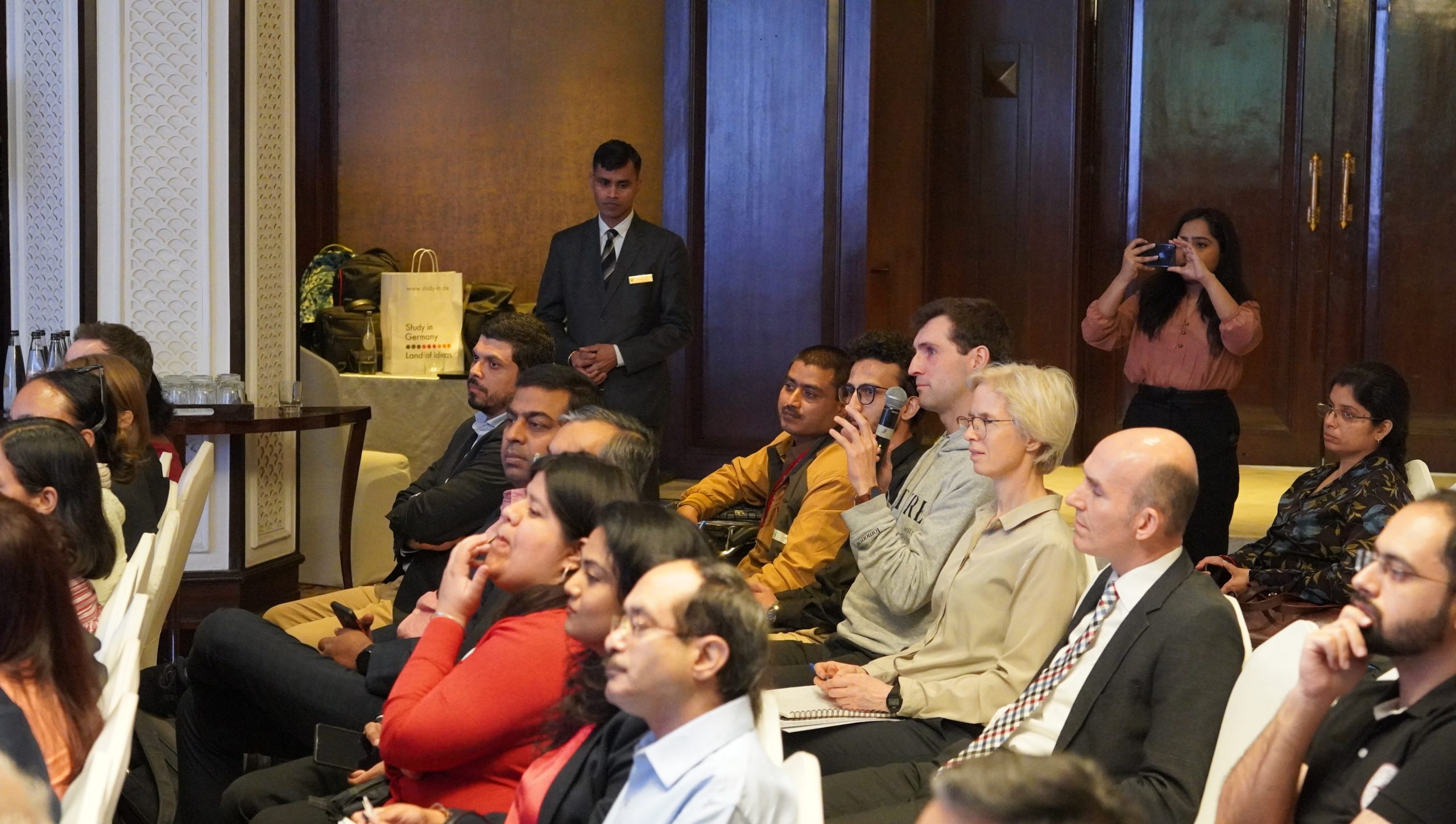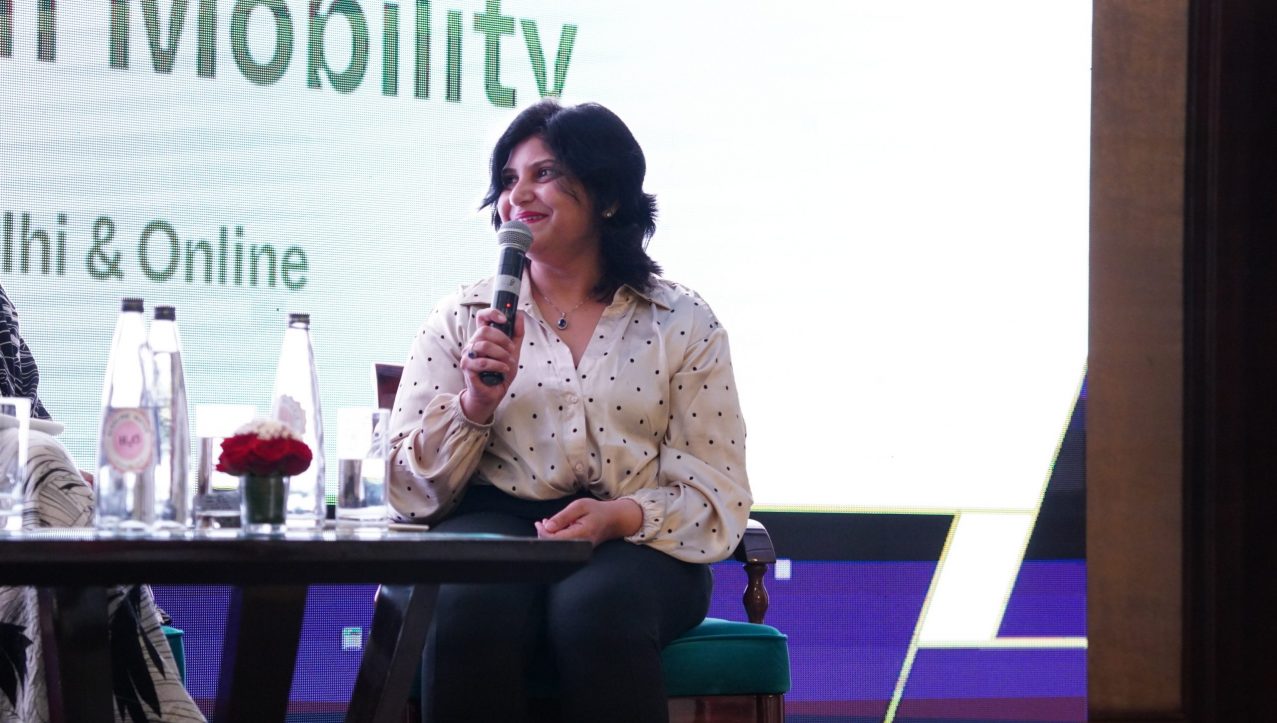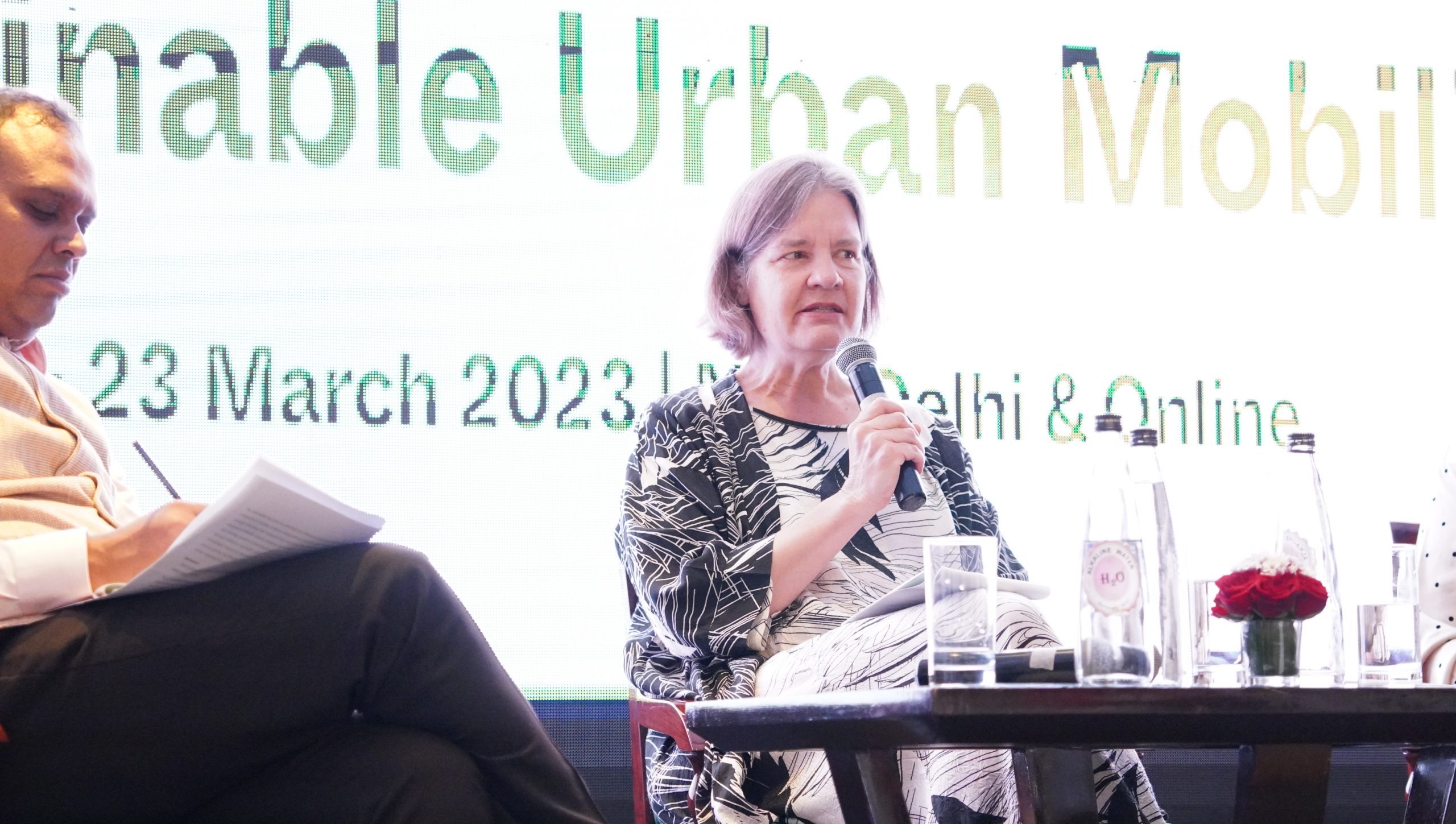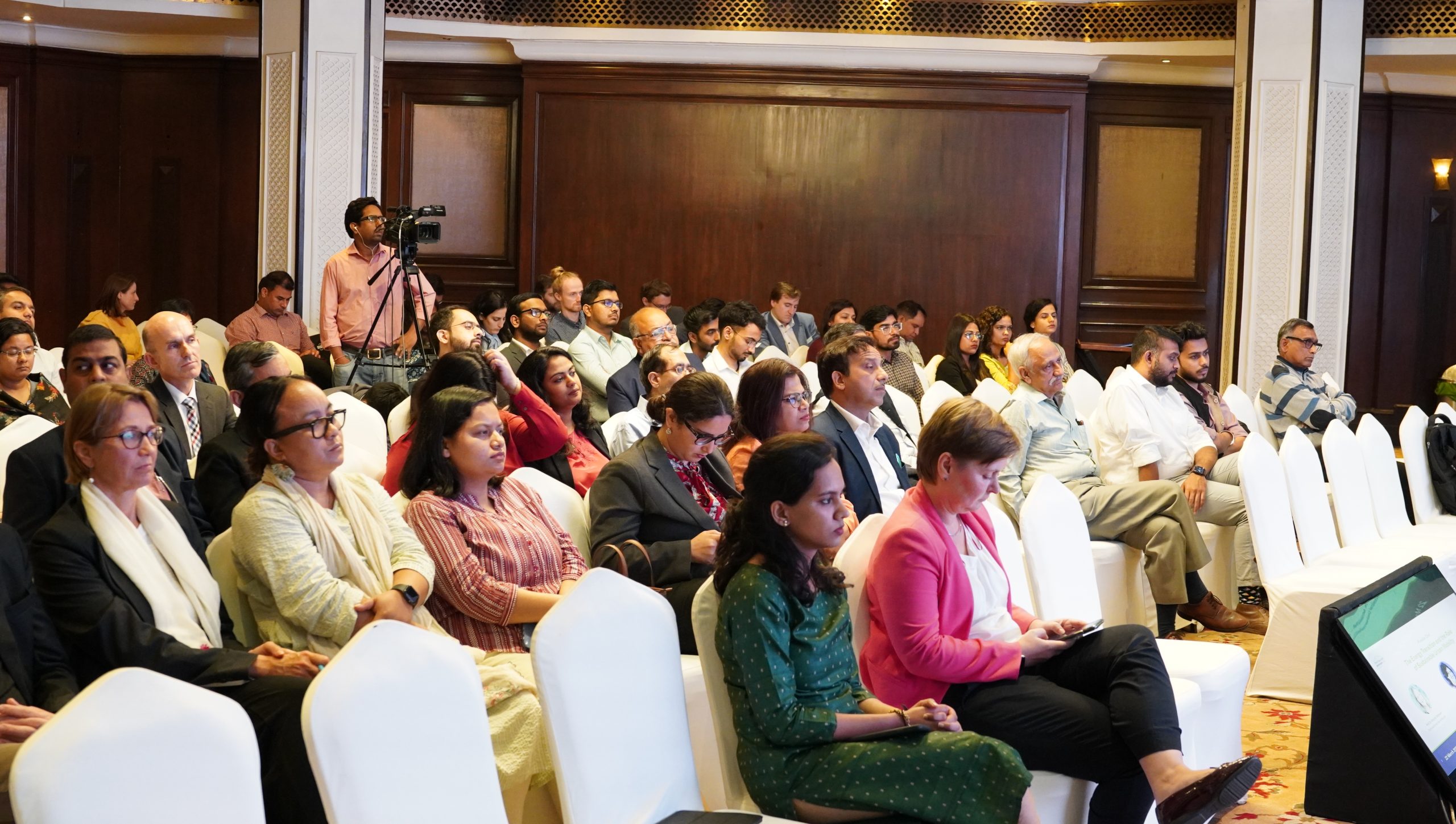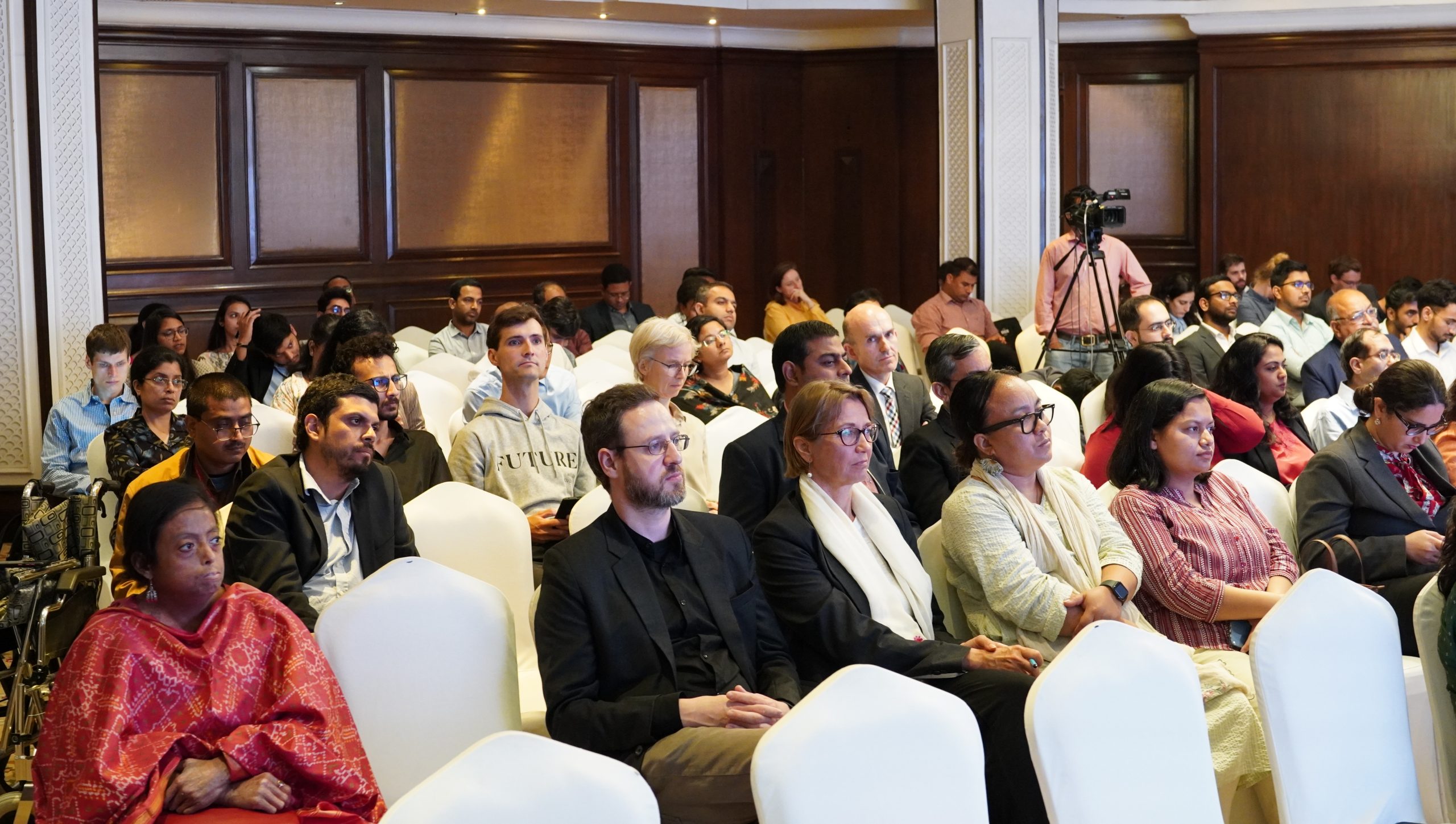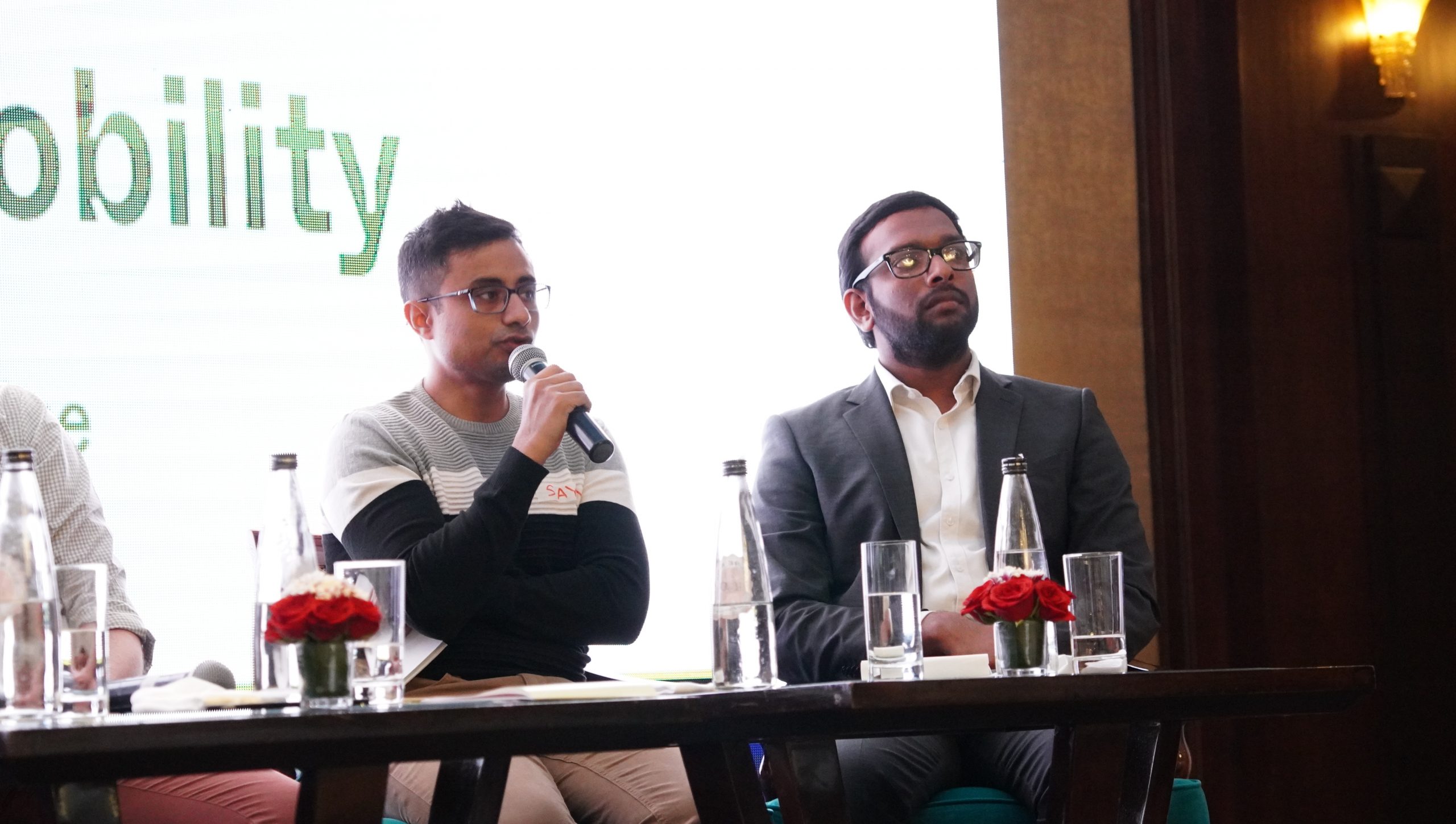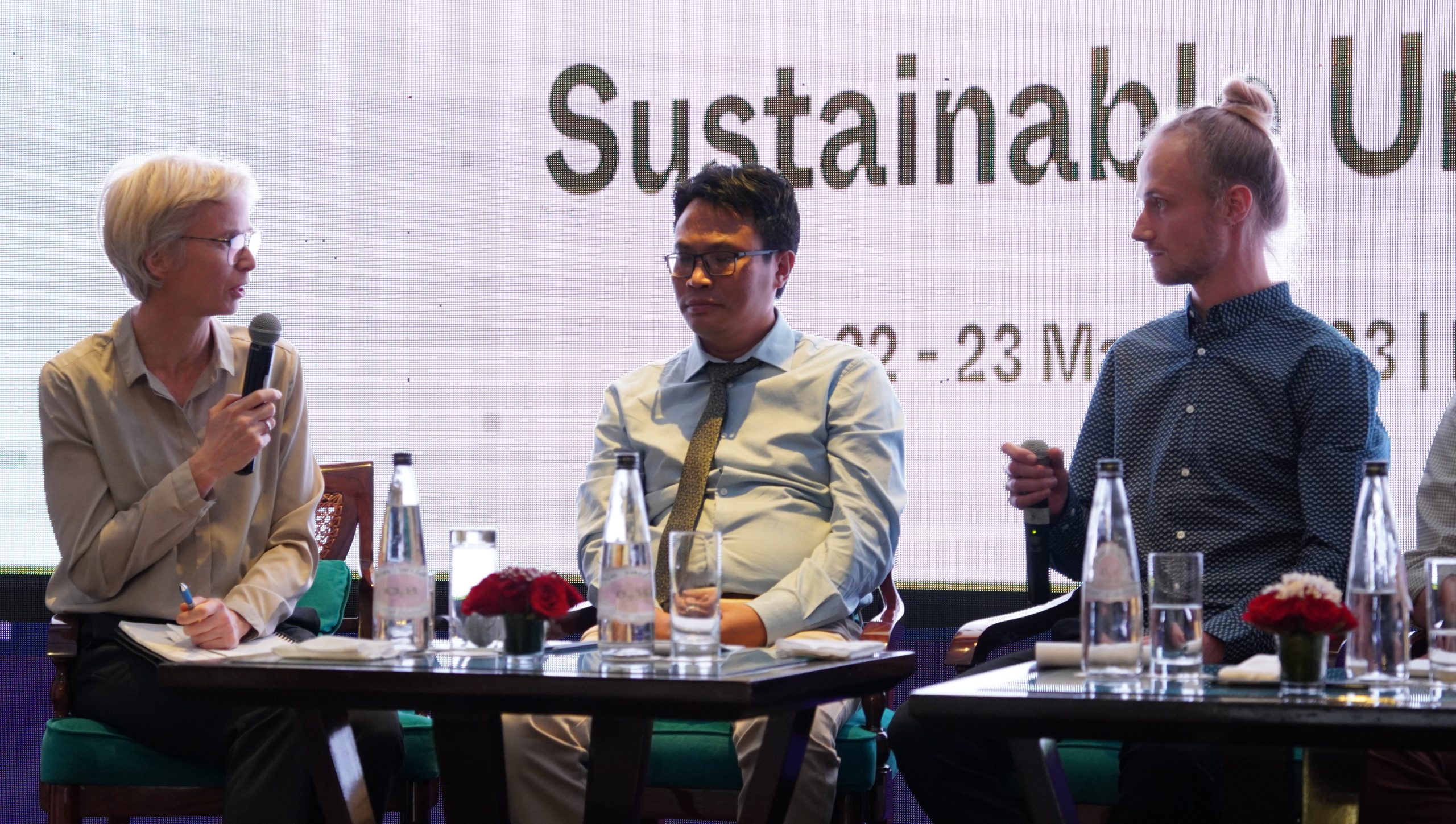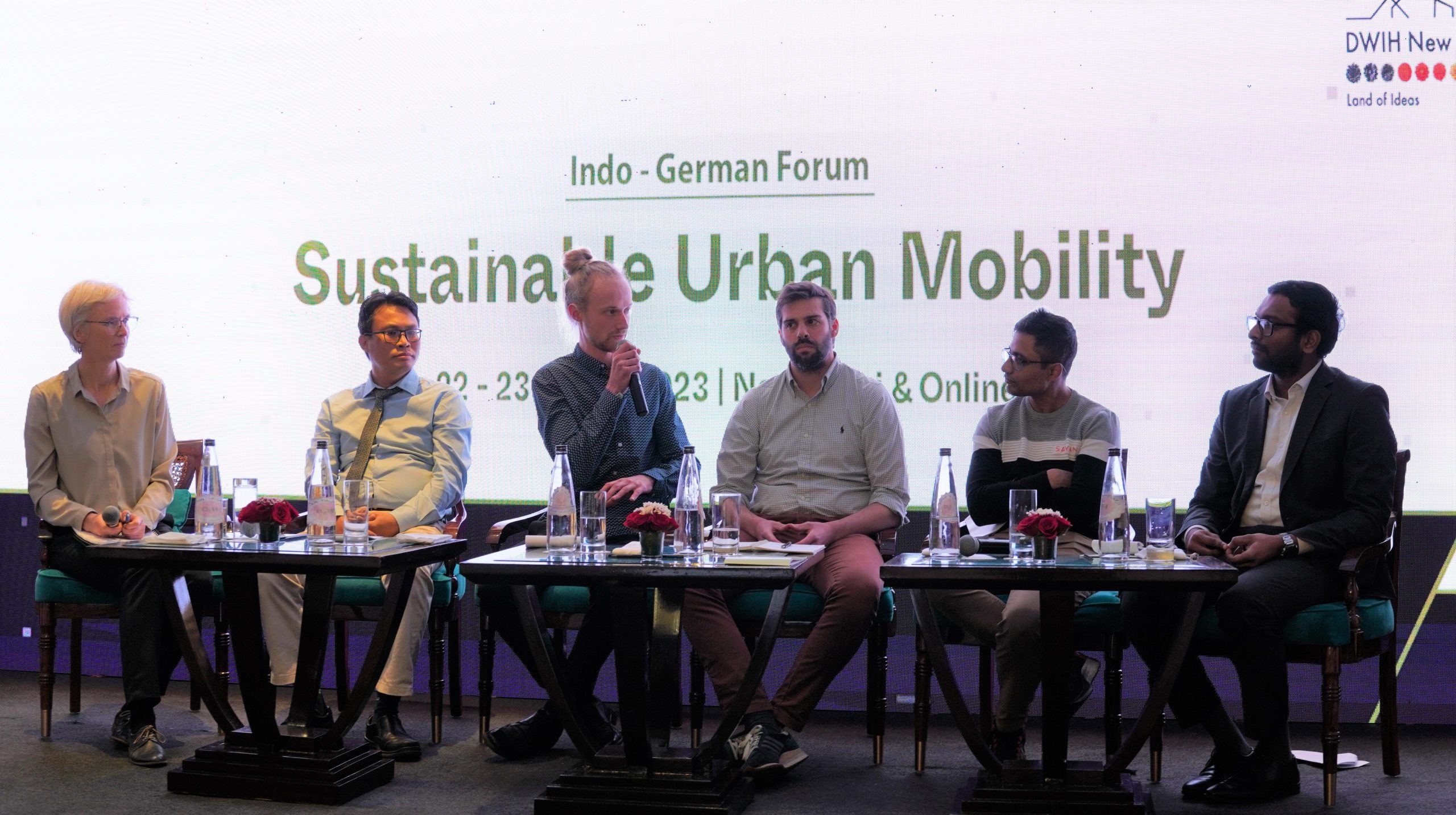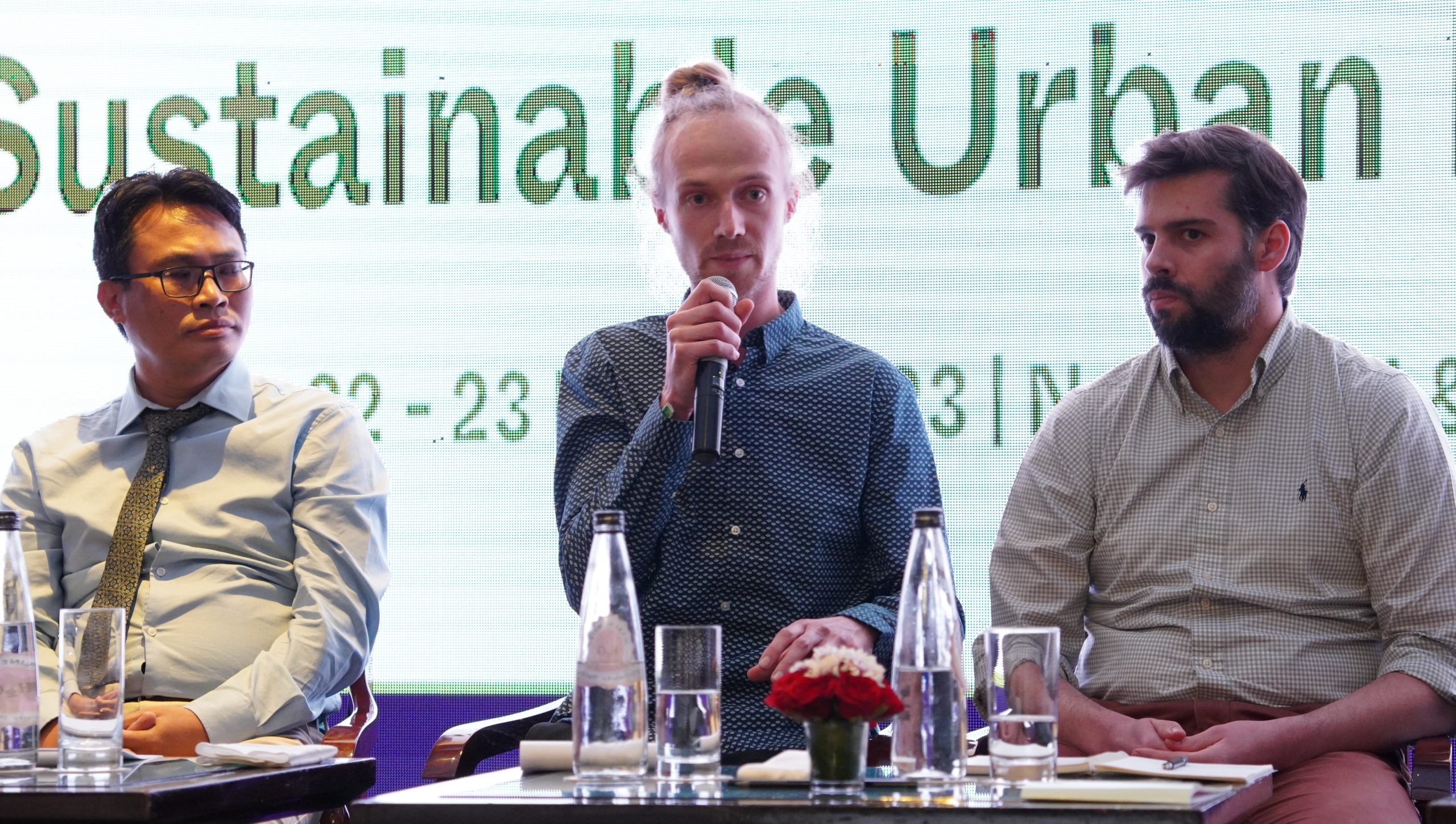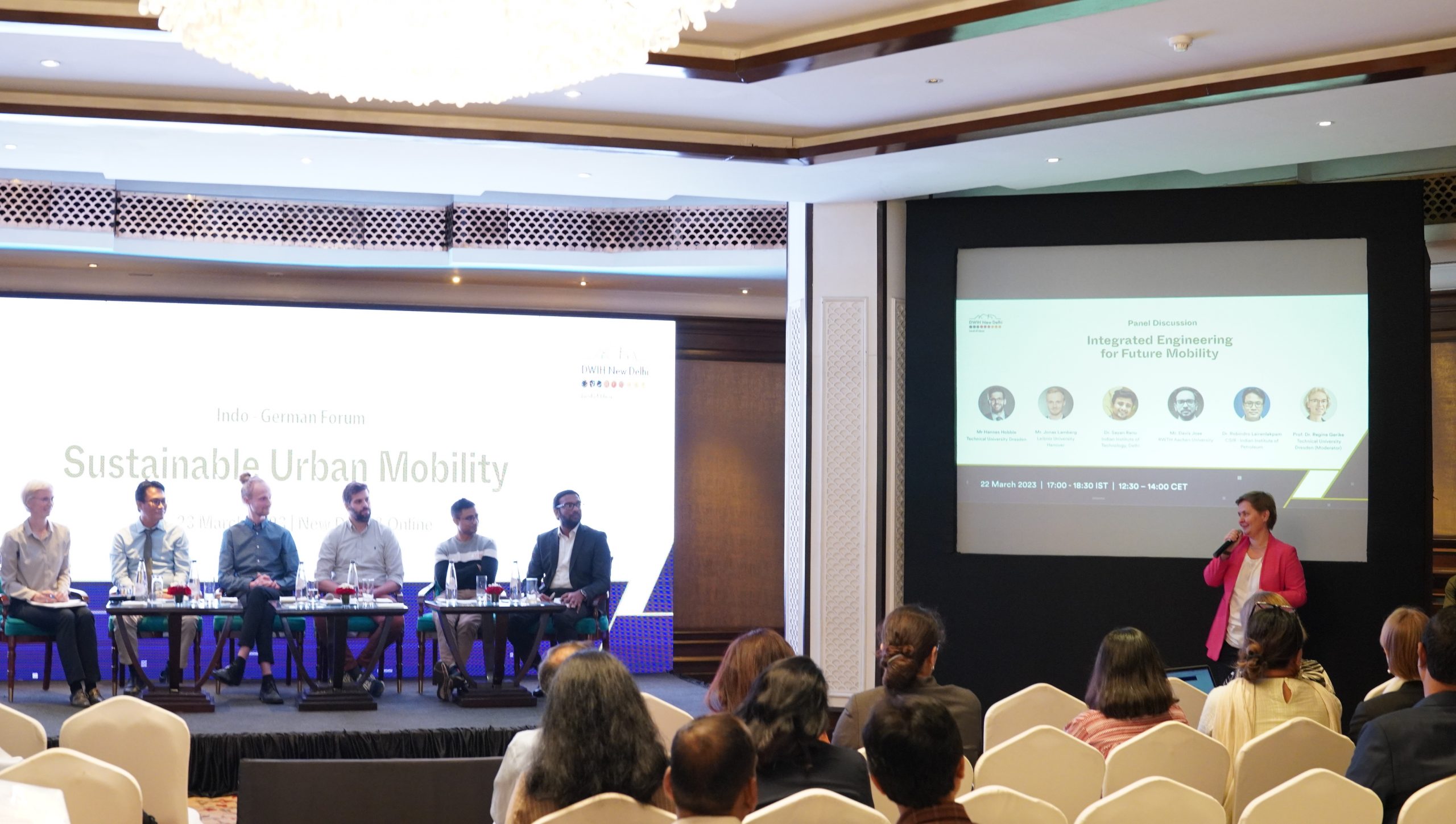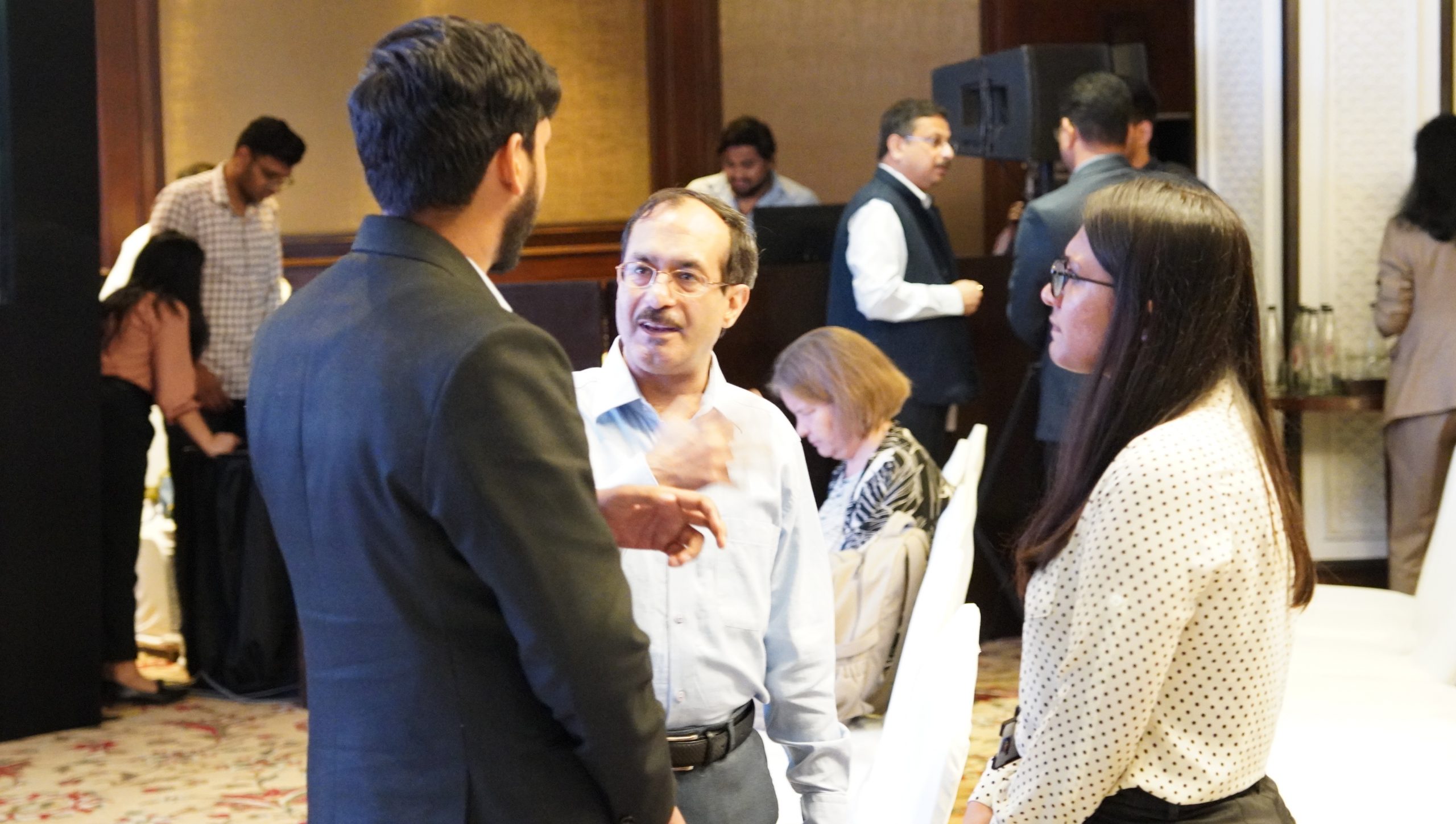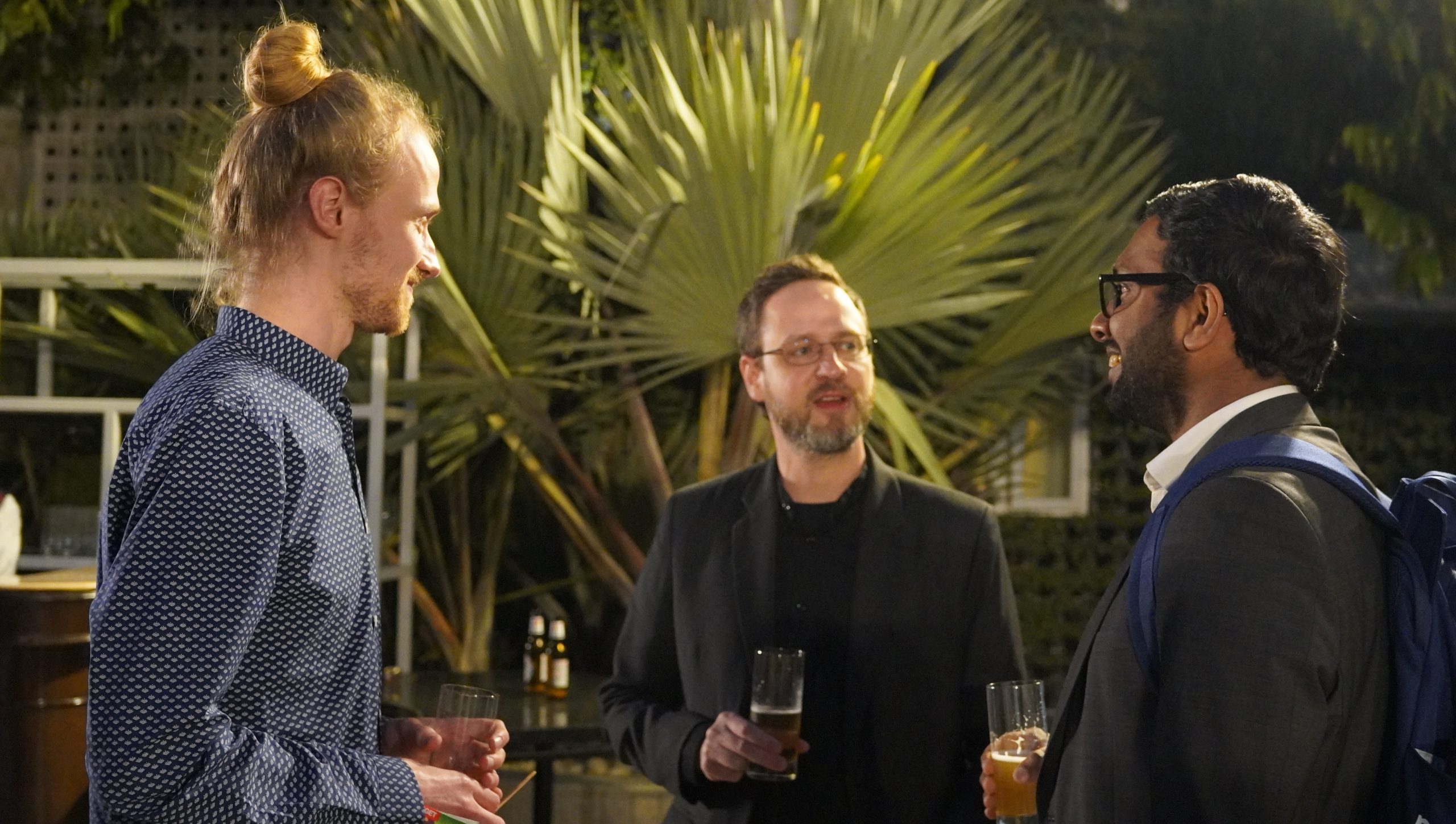Indo-German Forum: Sustainable Urban Mobility
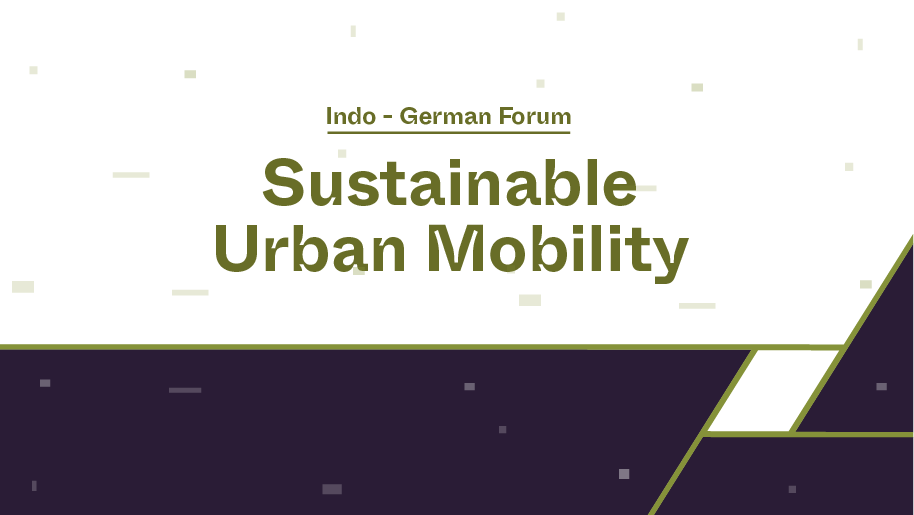
The Indo-German Forum will address the topic of innovations for sustainability focusing on the mobility-energy nexus in cities. It brings together researchers, decision-makers, and professionals from India and Germany who will present research projects across disciplines and analysis on solutions for sustainable urban mobility. The conference focuses on mobility solutions and green energy production, supply, and efficiency for urban mobility.
Event Information
March 22 to 23, 2023
New Delhi & Online
Organizer(s): DWIH New Delhi and DWIH Supporters
Note: Indo-German Forum 2023 platform is open for a month for browsing participant profiles and 1:1 contact.
Watch the live stream of the Indo-German Forum 2023 [Day 1]
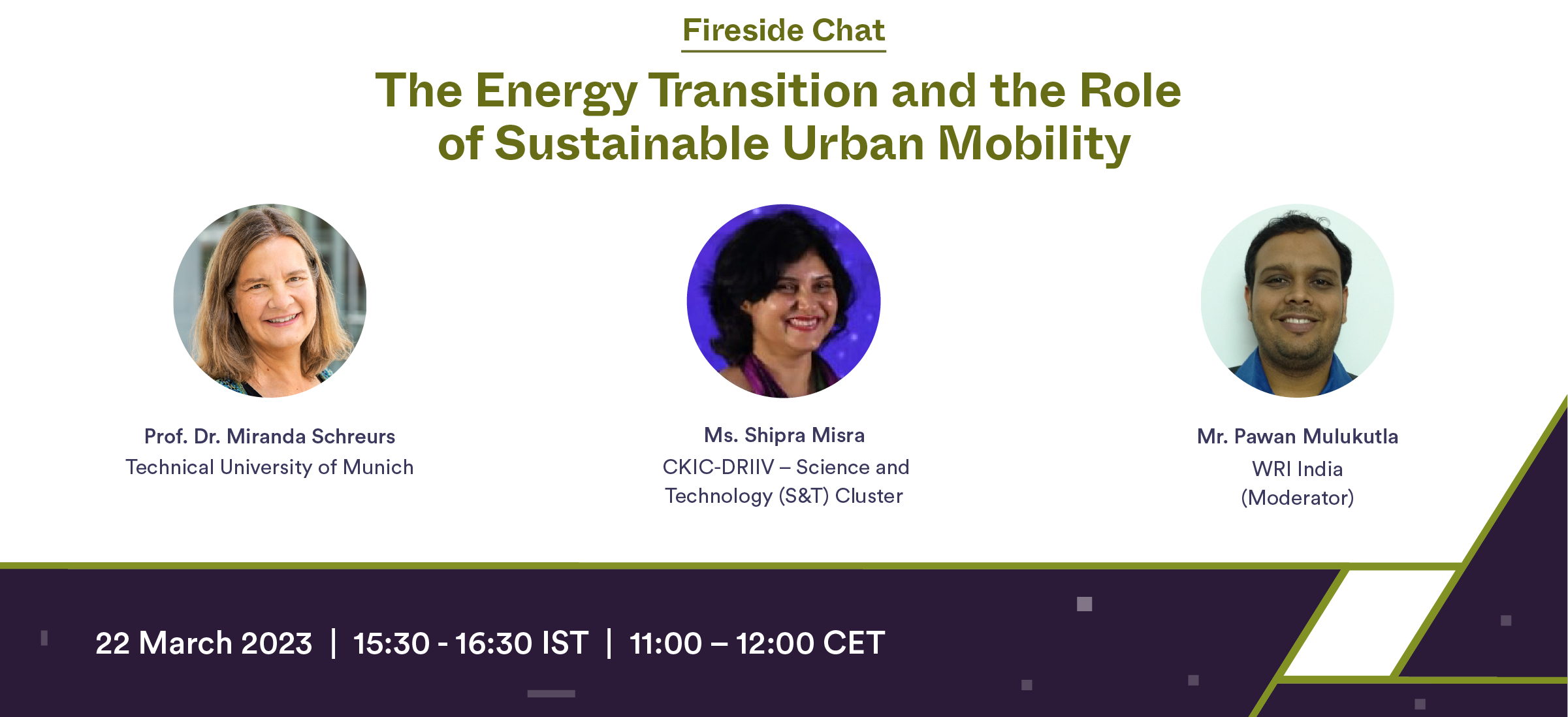
In this fireside chat, researchers and policy advisors from think tanks and research universities will discuss the current energy transition policy in India and Germany with a focus on the role of urban mobility. They will address global trends and assess the current developments in both countries.
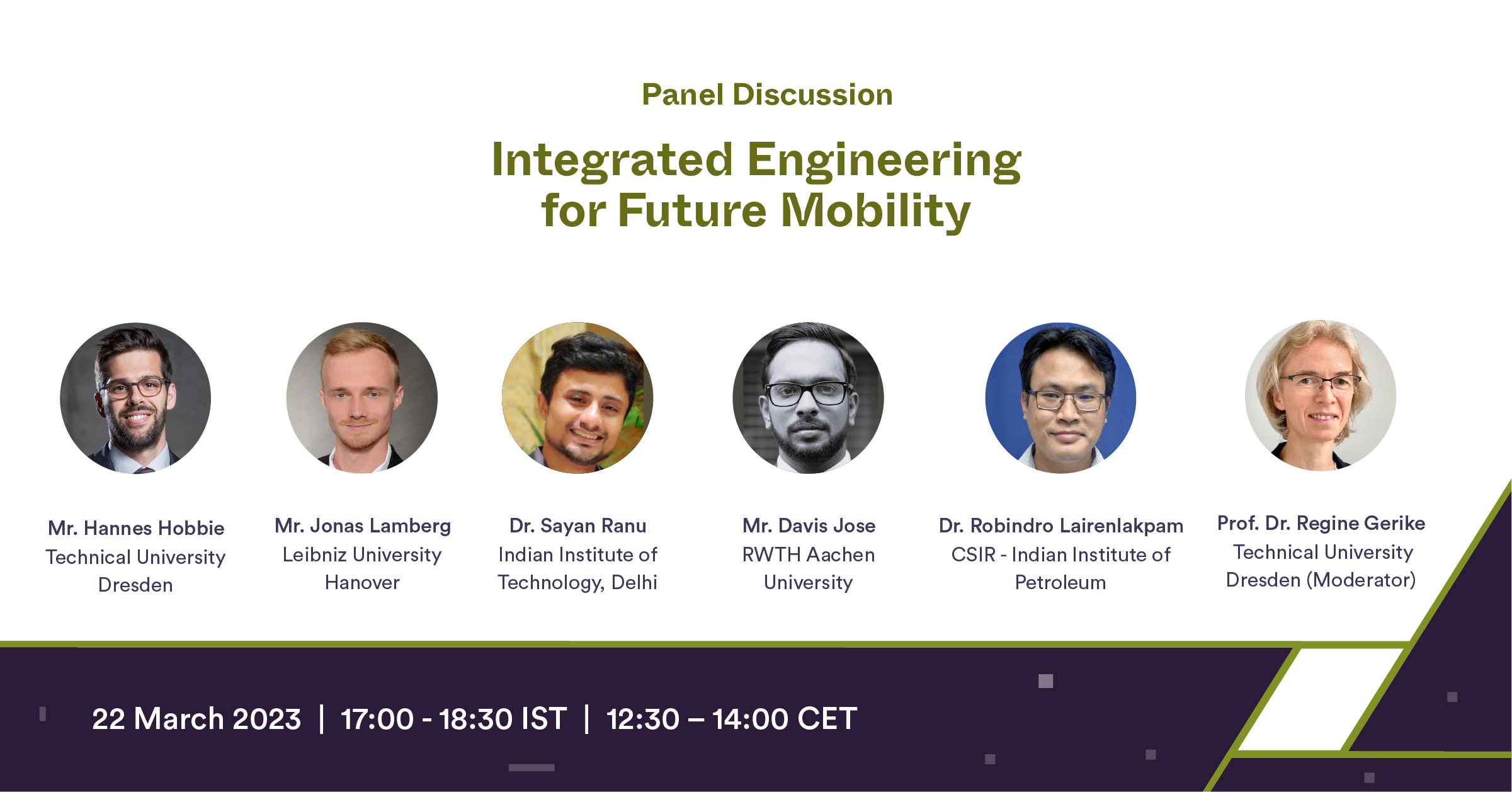
Early careers researchers from India and Germany will discuss the future of urban mobility from an interdisciplinary perspective. They will share insights from their research and give an outlook on future cooperation fields and projects between India and Germany that they have identified in a two-day design thinking workshop.
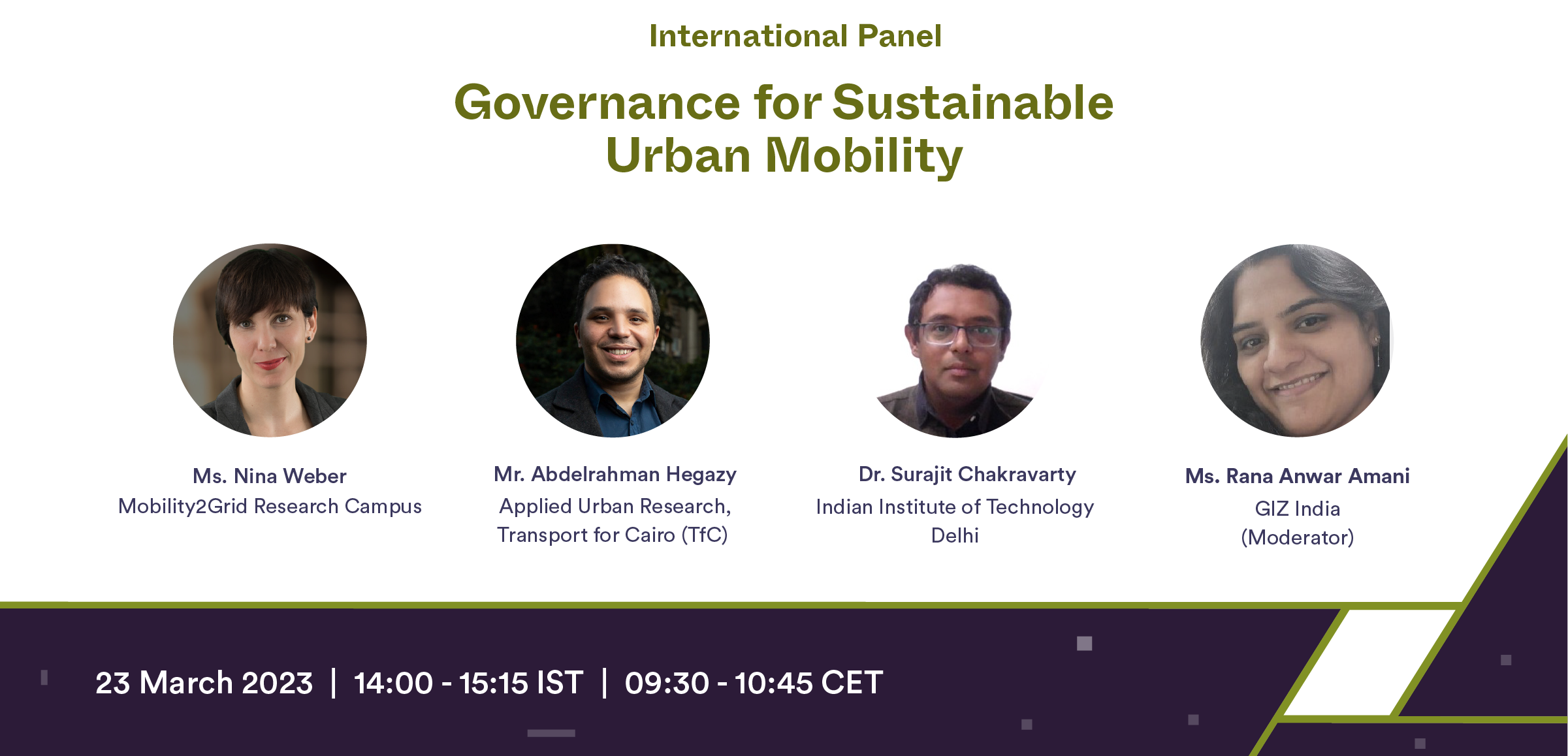
In this session, policy advisors and researchers share their work on governance of sustainable mobility in megacities of India, Egypt, and Germany. They will discuss the challenges of the transformation of urban transport and highlight the role of the interconnectivity of mobility and energy systems.
Parallel sessions
15:30 – 16:45 IST | 11:00 – 12:15 CET
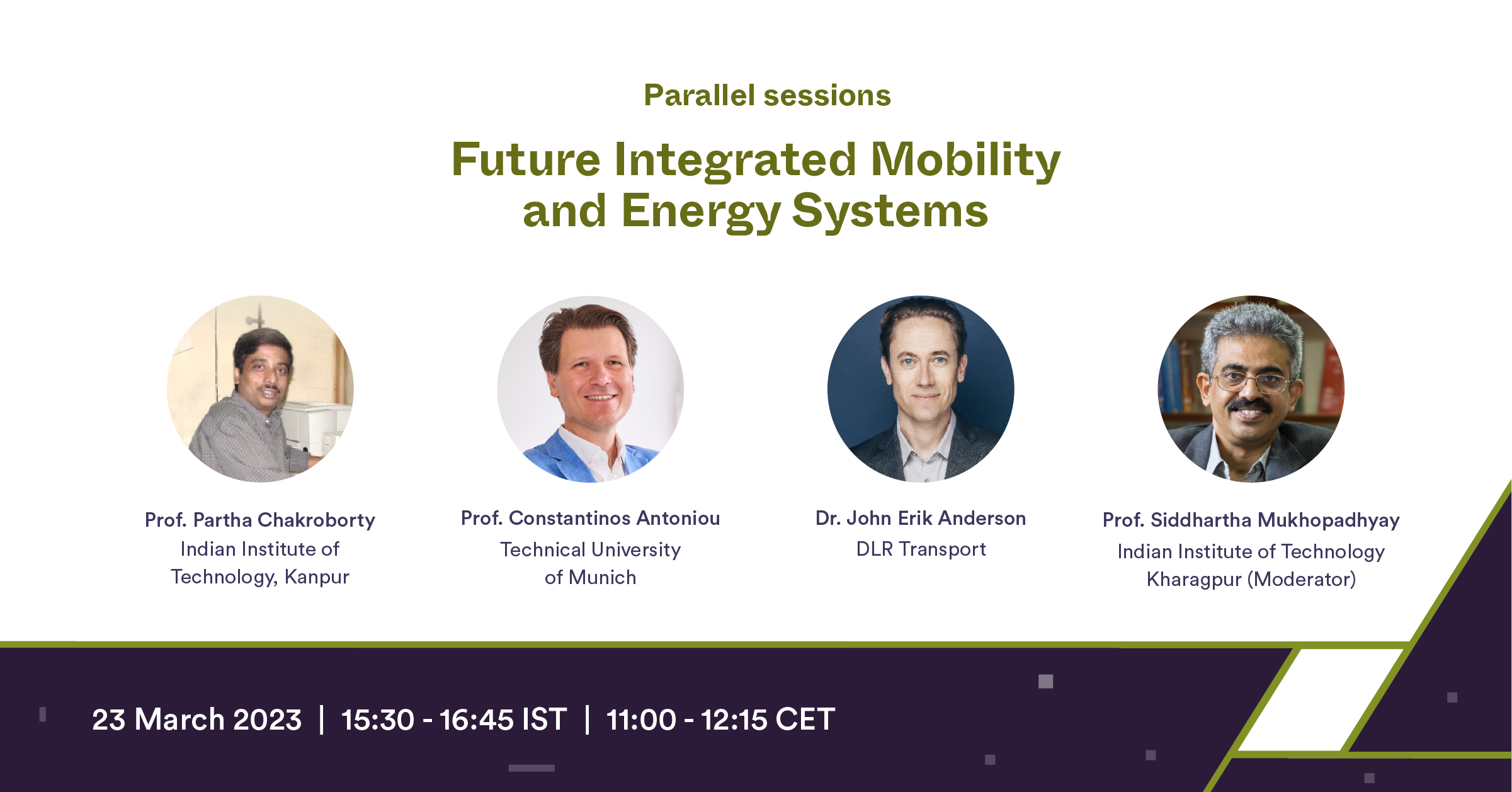
Incorporating new modes of transport and mobility options using green energy systems requires an integrated data-driven approach. In this panel, researchers will share their modelling scenarios and approaches. They will discuss state-of-the-art scientific methods; innovative methods of data analysis and models and how integrated mobility and energy systems models can contribute to the transformation of urban mobility.
Innovative Business Models
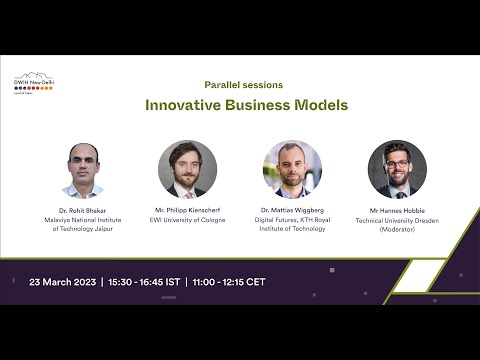
To play the video, click the thumbnail. Once activated data will be transmitted to the respective provider. Watch on YouTube
Sustainable mobility solutions hunt for both- new technology and management of innovation. The successful deployment of the energy and mobility transition relies on a deep reorganization of the energy market. Business model innovation is recognized as a key driver of this process. In this panel researchers from India, Germany, and Sweden will offer an overview of business model innovations for energy markets focusing on the energy transition in cities.
Parallel sessions
17:00 – 18:15 IST | 12:30 – 13:45 CET
Outlook On: AI for Integrated Mobility and Energy Systems
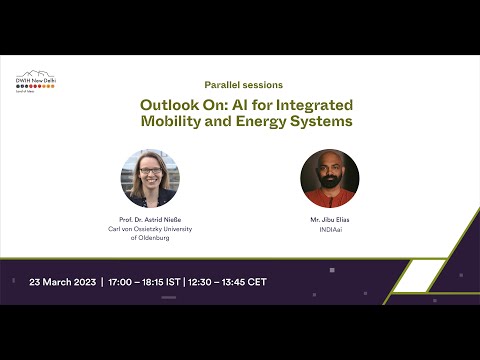
To play the video, click the thumbnail. Once activated data will be transmitted to the respective provider. Watch on YouTube
Artificial intelligence is seen as one key enabling technology to master the transition to environmental-friendly mobility systems. The session will give an outlook on the application of AI in two different fields in the context of urban mobility. The use of artificial intelligence methods for distributed energy systems and smart grids addressing the energy sector. The second question addressed by the experts is: how AI can support the development of intelligent transportation and hence resource efficiency in mobility?
Adaptation and Diffusion of Technologies
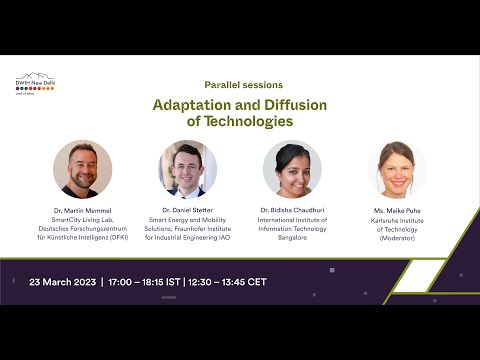
To play the video, click the thumbnail. Once activated data will be transmitted to the respective provider. Watch on YouTube
Even though technological innovations and technologies are critical for driving sustainable transport in cities, social embedding and, hence, acceptance and use of these technologies are to achieve the goal of zero carbon emission of mobility in cities. The panel will give an outlook on technology and adaptation processes and models in Germany and India using the example of electromobility.
Participating Stakeholders
- TUM School of Social Sciences and Technology, Technical University of Munich
- CKIC-DRIIV – Science and Technology (S&T) Cluster, Indian Institute of Technology Delhi
- WRI India
- Chair of Integrated Transport Planning and Traffic Engineering, Technical University Dresden
- Mobility2Grid Research Campus
- Transport for Cairo (TfC)
- Indian Institute of Technology, Kanpur
- Transportation Systems Engineering, Technical University of Munich
- Institute of Transport Research, DLR Transport
- Indian Institute of Technology Kharagpur
- Malaviya National Institute of Technology Jaipur
- EWI University of Cologne
- Chair Of Business Administration, Esp. Energy Economics, Technical University Dresden
- Carl von Ossietzky University of Oldenburg
- INDIAai
- SmartCity Living Lab, Deutsches Forschungszentrum für Künstliche Intelligenz (DFKI)
- Smart Energy and Mobility Solutions, Fraunhofer Institute for Industrial Engineering IAO
- International Institute of Information Technology Bangalore
- Institut für Technikfolgenabschätzung und Systemanalyse (ITAS), Karlsruhe Institute of Technology

